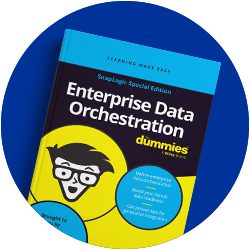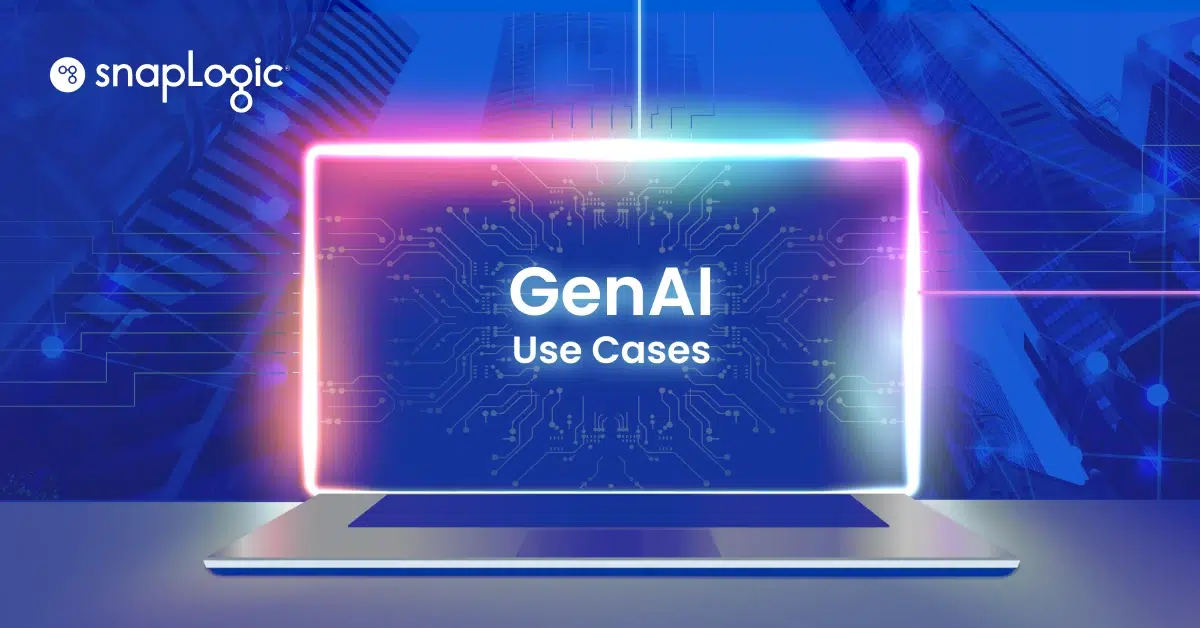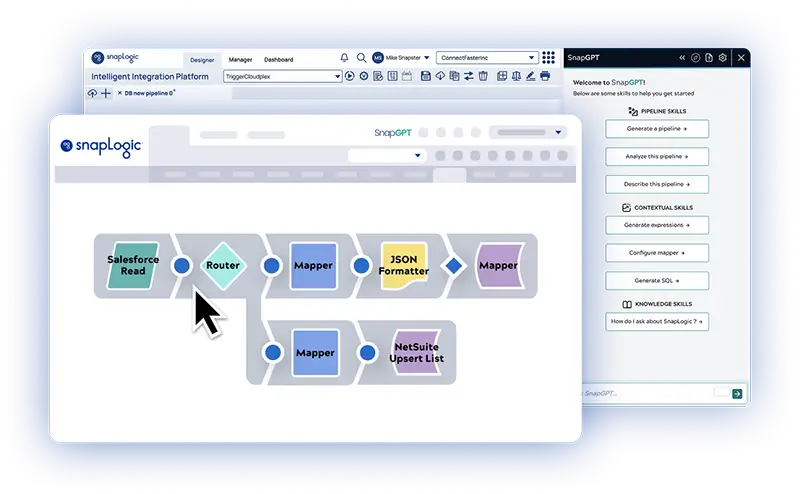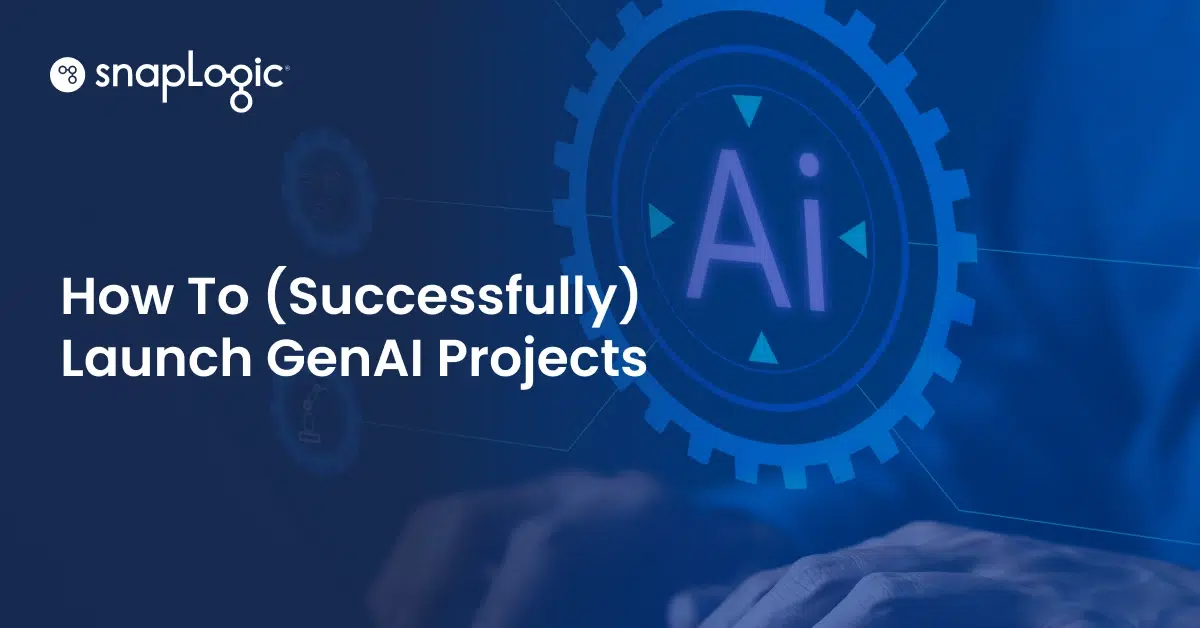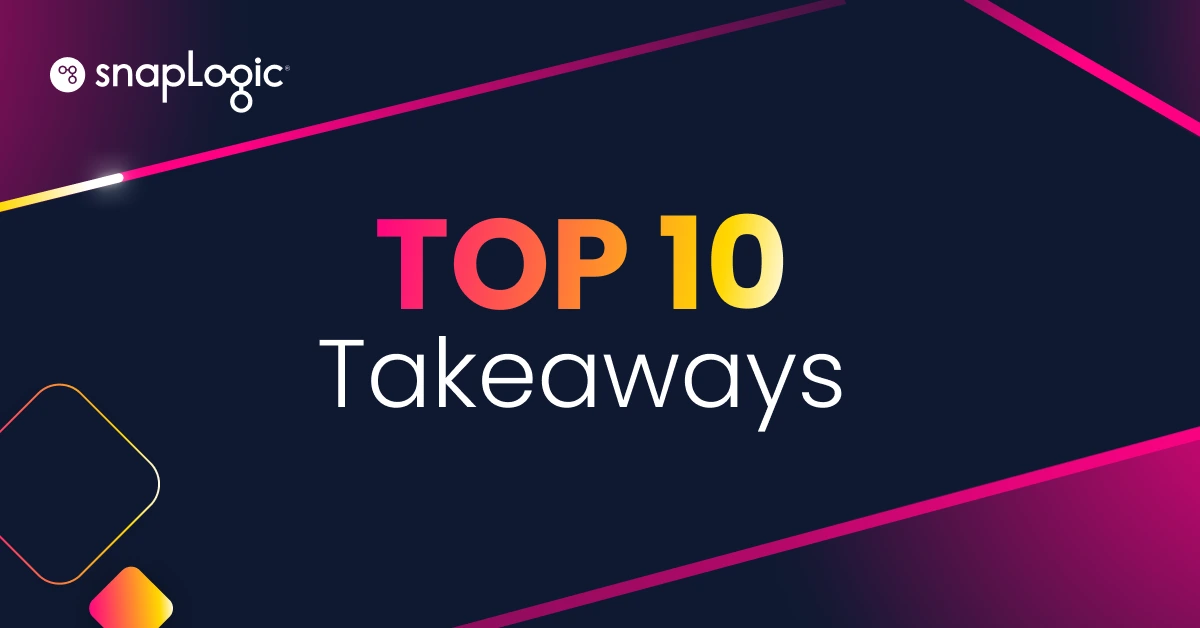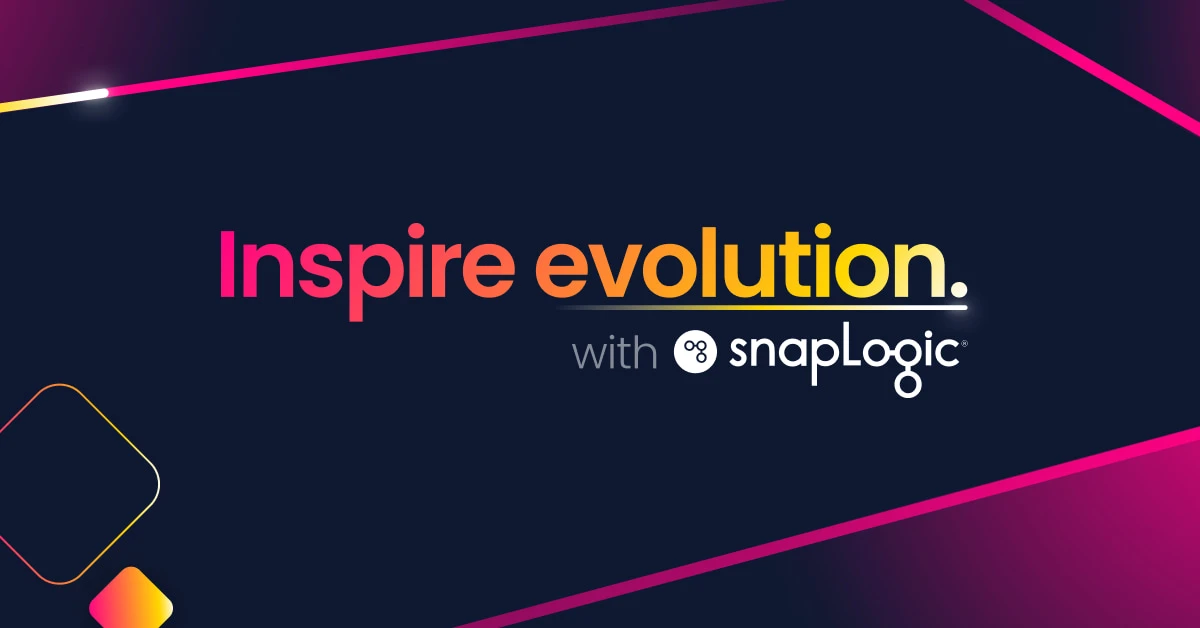Generative AI (GenAI) is already having a major impact on enterprises. According to a survey report from Deloitte, 79% of business and technology leaders expect GenAI to “drive substantial transformation within their organization and industry over the next three years,” and 31% expect that transformation to happen within the next year.
However, to truly unlock the full potential of GenAI, data integration plays a critical role in connecting disparate data sources to AI components like vector databases or LLMs. As organizations develop plans for adopting GenAI into their operations or solutions, they must ensure their data infrastructure is connected, easy to manage, and AI-ready.
The adoption of GenAI is poised to revolutionize various sectors, each embracing it uniquely to enhance efficiency, innovation, and customer experience. Let’s examine some exciting ways to jumpstart GenAI with the right tools.
GenAI use cases by industry
The adoption of generative AI-based tools will vary across industries. While certain AI-based tools such as a chatbot for customer service have seen adoption across the spectrum, generative AI solutions are likely to be adopted first by industries that need to be at the cutting edge of technology or have teams with severely limited resources. Examples include:
Healthcare and life sciences
This sector can benefit from generative AI in areas like clinical decision support, healthcare record summarization, patient-doctor conversation transcription, personalized treatment plan recommendation, predicting health events, drug discovery, and medical imaging analysis.
Banking, financial services, and insurance
Financial institutions can use generative AI for tasks such as loan application processing, insurance quotes generation, damage assessment, claims processing, synthetic data generation for fraud detection & risk assessment, investment advice, etc.
Marketing and advertising
Marketing organizations leverage GenAI for content creation, competitive and industry intelligence, advertising optimization, and customer segmentation, helping personalize marketing efforts.
E-commerce and retail
These industries utilize AI for inventory management, optimal pricing, fraud elimination, and highly personalized recommendation systems to enhance the customer shopping experience.
Manufacturing and industrial operations
Generative AI is used in manufacturing for process optimization, predictive maintenance, quality control, and product design.
Legal services
Legal professionals can be more efficient and strategic and provide more value to clients by using AI for document review, contract analysis, legal research, and automated document generation.
Education
In education, generative AI can help with personalized learning, content generation, and student support through chatbots and virtual teaching assistants.
Horizontal use cases of GenAI
There are countless ways GenAI could be used to enhance enterprises, typically falling into these four categories:
- Content generation
- Document processing
- Conversational AI
- Complex workflows
Consider how these enhancements could advance operations at the departmental level.
IT (Information Technology)
IT can use generative AI for tasks such as automation, self-service help desk, and network optimization.
Research and development
In industries like pharmaceuticals and scientific research, generative AI can assist with data analysis, drug discovery, research summarization, and the generation of research reports.
Engineering
Engineering teams may be early adopters of generative AI, especially in manufacturing and product design. AI can assist in generating designs, simulating outcomes, and optimizing processes.
Marketing
Marketing teams are using GenAI for content creation, including writing, graphic design, and video production. AI tools can assist in creating personalized marketing campaigns and analyzing customer data.
Customer service
Customer service functions may adopt AI for chatbots, virtual assistants, and automating routine customer interactions. AI can provide 24/7 support and handle common customer queries. AI can also be used to coach agents to improve first-call resolution.
Legal
Legal departments may use AI for contract analysis, legal research, and document generation. AI can help streamline legal processes and reduce the time spent on repetitive tasks.
Sales
Sales teams can use AI to segment sales leads and personalize sales pitches. AI-driven chatbots and virtual sales assistants are also becoming more common.
A solution for jumpstarting GenAI
SnapLogic’s generative integration platform unifies data integration, application integration, API management, and GenAI application development into one solution. New connectors for common data sources and outputs are released weekly, with support for the most frequently used LLMs, vector databases, and GenAI utilities.
The list of innovative use cases for GenAI continues to grow as the technology evolves. See how DeSpir Logistics improved service delivery and saved significant time by using SnapLogic to orchestrate IoT sensor information and revolutionize order fulfillment.

